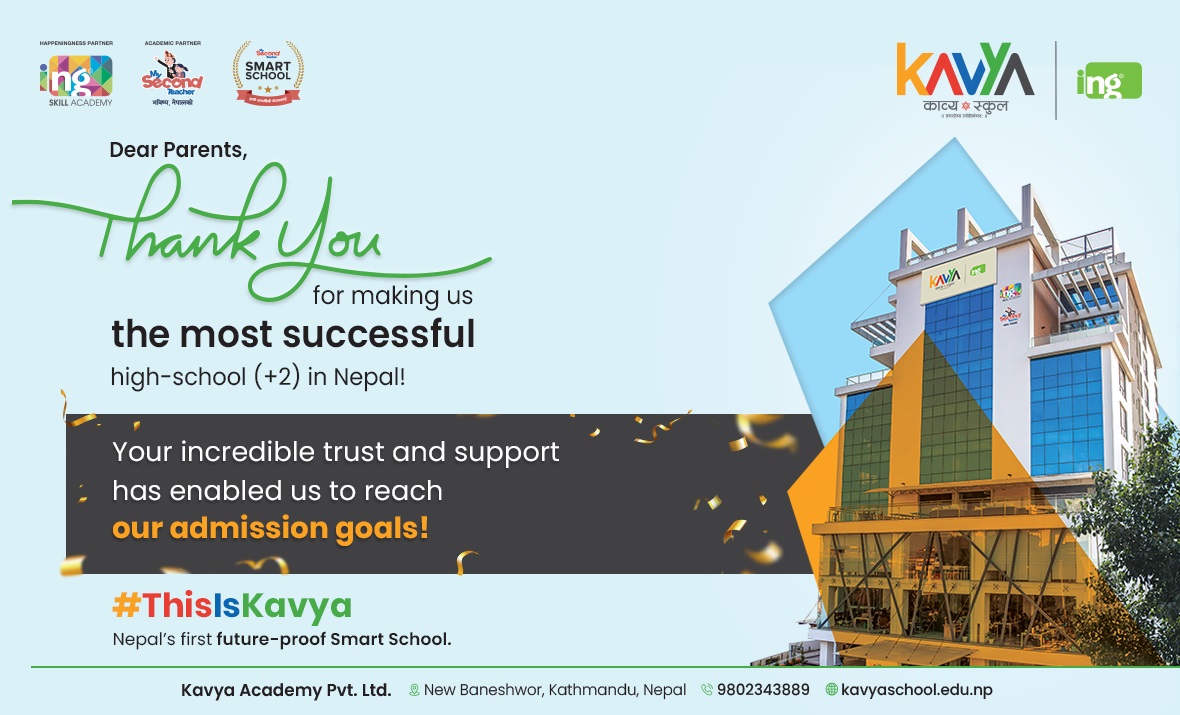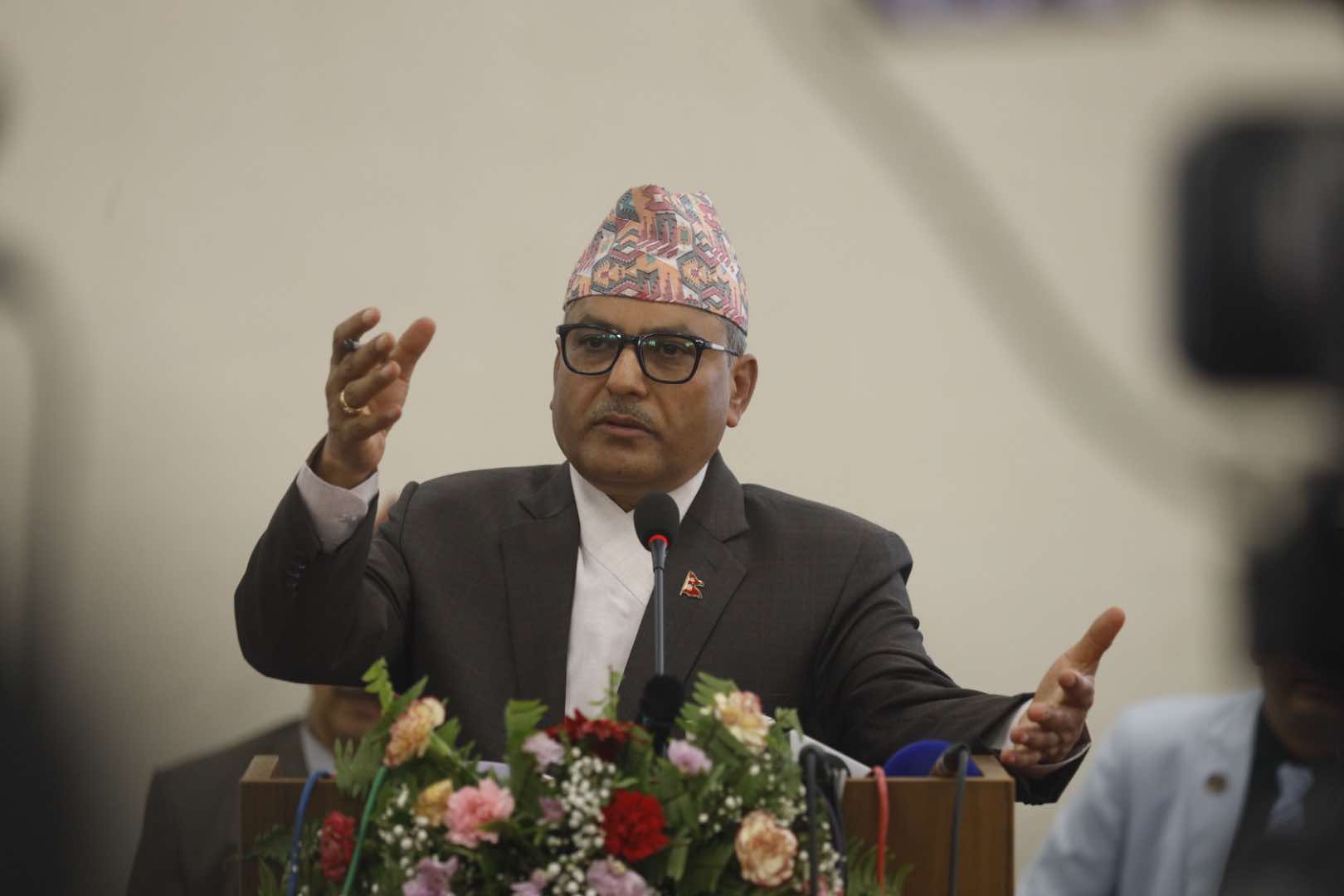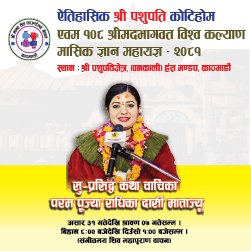The power of being alone
We use Google Cloud Translation Services. Google requires we provide the following disclaimer relating to use of this service:
This service may contain translations powered by Google. Google disclaims all warranties related to the translations, expressed or implied, including any warranties of accuracy, reliability, and any implied warranties of merchantability, fitness for a particular purpose, and noninfringement.


Deep Saeedah sometimes feels that being alone is strength in itself. In many ways, she is alone in Pakistan. When a young Muslim girl started a movement for secularism living in a fanatical Islamic country, how many subjects were separated from her, how many were deliberately separated. Most of all, he tried to take away his freedom from Saida.



Several times in prison, dozens of attacks by extremist religious leaders and rumors against him spread by malicious minds on social media have always surrounded Sayeda. And relatives, well-wishers and family members kept asking, 'Why did you have to fight for secularism after taking such a risk?' What is causing him to be so alone and lonely?'' Saida, who came to say 'another world is possible' at the World Social Forum held in Kathmandu this week, looked up at the bright sun before answering. She took a deep breath and closed her eyes, causing a brief silence, amid the Kalyangmalyang voice that was playing like a background song among many people from all over the world in Bhrikritimandap. 'I have a clear and simple answer,' a simple promise in his voice that sounded firm, 'I will fight for truth and justice, even if I am alone and if I have to be killed.' Is it the cornerstone of a peaceful life? And how is this the key to women's liberation? Saida had a long dialogue to confirm her argument, with great enthusiasm.
'Anyone can easily understand that a religious state kills individual freedom,' after explaining the long background set by Islam from Pakistan politics to economy and gender relations, Saeeda gave a questioning answer, 'Where there is no individual freedom, violence is inevitably present. Because violence to strangle freedom is the only option.'' To reconcile, Saeedah took out processions in the streets of Pakistan thousands of times in a thousand ways, held meetings from slums to slums and shook people from house to house. When she returned to Pakistan in the 1990s after living in America for ten years, Sayeda saw the comparative difference between an open society and a closed society. Putting aside all the dreams of her personal ambitions, she decided to devote her entire youth and energy to the establishment of a secular state and launched a campaign. Sayeda should be applauded for doing such a good job. However, in a society full of religious fanaticism, on the contrary, he was quickly removed.
'The religious gurus came and attacked me,' Saeeda narrated the list of abuses against her, 'I don't know how many times they made me lie down in the middle of the street, how many times they tried to strip me in the bazaar and how many times they took me to jail with the police.' -break No matter how excessive it was, Saida's intention did not waver. Dying after birth is like this, it is also like that - the feeling of why not walk on the path of truth did not allow him to bow down. As she could not make much of a difference by walking alone, she opened an organization - 'Institute for Peace and Secular Studies' and gathered some young people. This was in 1995. Then what does his opponent want? Dozens of lawsuits were filed against Saeedah, saying that she had divided the society and disturbed trust. She unflinchingly faced the actions of the fanatics who played havoc by forcing Saeeda to run the courts, courthouses and checkpoints alone. Saida's campaign did not stop, on the contrary, her coverage in the international media increased. Inevitably, Sayeda's fame crossed the borders of Pakistan. Others, Indian newspapers also started writing in his favor. Although
stood alone, Saida's voice and work spread across the globe. After seeing all this, how can you say otherwise that he thinks that being alone is more powerful?
The strength of being alone in speaking out against injustice has given Sayeda a worldwide platform. By setting up a network of human rights activists and journalists in South Asia, Saeeda is also increasing contact with writers, journalists and activists from other countries to drive out bigotry from the region. In this undertaking, she came to Kathmandu 10 years ago, for the first time.
'At that time, there was a direct flight from Kathmandu to Pakistan and I was here in just 90 minutes,' Syeda recalled a decade-old memory. And Saeedah expected that, with a natural assessment of increasing coactivity. However, that did not happen. Let alone connecting by rail and road, there is no direct flight between the two countries. Therefore, this year, a seven-hour air journey through Dubai and a thousand dollars had to be spent to set foot in Kathmandu, arriving from the previous 90-minute flight.
Sayeda links the issue of increasing complexity to the growing fanaticism in Pakistan where there should be an increase in ease in the neighborhood. The new generation of literate people should naturally stand against bigotry. Moreover, Saida's efforts over three decades should bring about some change in the air of Islamism. But, on the contrary, it is the youth who are religiously fanatic and ready to engage in extreme violence. "I think this is all due to the misuse of social media," Saeedah said, "groups with vested interests are spreading misleading information on social media in an attractive and provocative manner and are brainwashing the youth." This is a ruinous situation.'
She saw with her own eyes that the flood of false information has led to the situation where the good people are overwhelmed and the bad people are out of power. For example, former cricketer Imran Khan, who won an unprecedented election victory and became the prime minister, is known to the whole world as a reformist leader with vigor. "But, Imran is misogynistic, immoral and a man full of religious bigotry, which is unknown to the people of other countries, millions of young people in Pakistan don't know," Saeedah's eyes twinkled with surprise and surprise, "because Imran spends a lot of money to improve his image." They are permanently mobilizing a large group of skilled people to spread false information.
During the reign of Imran, who burdened the country with a huge burden of foreign debt within three and a half years of coming to power, Pakistan has experienced such economic contraction that millions of people are forced to growl under the threat of starvation. Asked to choose between peace and food, Saeedah feels that the number of people who vote for food in Pakistan is too high. After seeing Imran's inability to pass, the military leadership that killed him when he came to power, accused him of corruption and put him in jail. Imran's party, PTI, which led the election from Jalai, won a large number of votes in the election. However, his supporters are claiming that the Pakistan army, the real 'king maker' of the country, has changed the result by assessing that he will return to power again. Sayeda was tormented by the dilemma of what would happen in Pakistan when she returned after speaking at the world social forum.
Sayeda, who is fighting for Hindus, Sikhs, Christians and other religions, who are a minority of around four percent in Pakistan, is a fan of Nepal's constitutional system. "Look, you have secularism in your country, those who don't have it know more about it than we don't," says Sayeda, "Keep it!" Sayeda's face is saddened by the assessment that Islamic fanaticism will increase in Pakistan after Narendra Modi intensified the politics of Hinduism in India. He is also afraid that Modi's extremist politics will increase fanaticism throughout South Asia.
'Nepal is the only country in South Asia today, where one does not have to hold one's breath when talking about secularism and human rights compared to other countries,' before waving goodbye, Sayeda folded her hands in prayer, 'May the fundamentalist storms of India and Pakistan not extinguish the lamp here, but let it continue to shine. May our darkness be conquered.'' Sayeda has returned to Pakistan, but this mantra sound that she whispered before leaving is still humming in my ears.
 प्रकाशित : फाल्गुन १२, २०८० १०:५१
प्रकाशित : फाल्गुन १२, २०८० १०:५१

 २७.१२°C काठमाडौं
२७.१२°C काठमाडौं
















